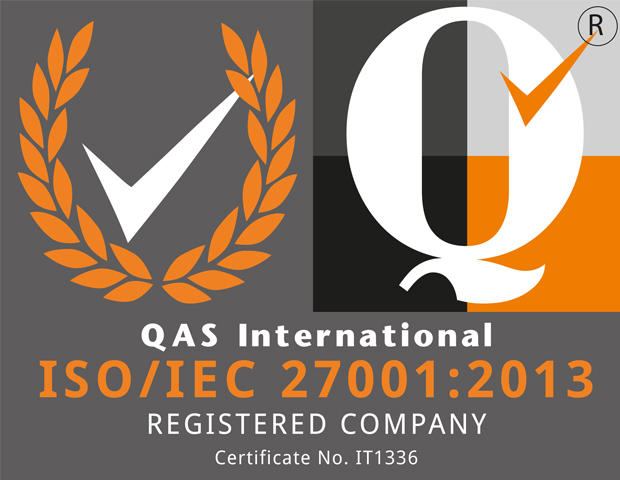How-to-remain-productive-while-travelling
Many companies may view travel as a costly inconvenience: wasting valuable employee time and hindering business progression. However, with the right approach and tools, time spent travelling can be productive.
Here’s how to turn your business’s travel time into money.

Bring the Right Devices
Leaving the office doesn’t have to mean an end to productivity. With the right devices at hand, you and your employees can continue working as if nothing has changed.
Firstly, think about your method of travel; how much space will you have? If you’re seated first class, you’ll probably have a place to rest a laptop or stand-up a tablet. But if you’re squeezed into a middle seat, then taking a smaller device is generally the better option.
For those who prefer using a larger screen and more processing power, then there are plenty of notebooks designed to be compact. Or, perhaps a tablet; such as Microsoft’s Surface Pro or Apple’s iPad Pro.
However, if you’re not fussed by the lack of power and screen size, then most smartphones are now perfectly capable as serving as a small PC, when it comes to most applications.
Have the Right Tools
Think about what you want to accomplish; do you need to be able to create documents? Do you need access to certain data? Then ensure that you have access to the right software.
Apps that help you organise and manage your workload are especially good for travelling; as not only can they help you plan for your journey, but they can also set goals for you to complete during the trip.
Online collaboration tools can also help you to stay productive during travel, by enabling you to organise team projects. Solutions such as Office 365, allow users to create documents and share them with each other, as well as send instant messages and set up conference calls. This means that you can continue working with others, even when they’re not with you.
Use the Cloud
Accessing and storing data on the go might seem difficult without a hard drive, but there are plenty of ways to make taking documents travelling easy. Using the cloud to access and store your documents, removes all the troubles associated with local storage.
Instead of having to cart around memory sticks or SD cards, storing your data in the cloud means that you can access it from a variety of devices from anywhere. As long as you have an internet connection, you’ll also be able to store files without having to worry about device capacity, or having to transfer data between devices.
Choose Your Work and Where to Do It
Where you choose to work and what you choose to do, can dramatically affect how productive you are. If you know that you don’t work well in noisy and cramped environments, then consider booking a seat in first class. Despite the added expenditure, you could make your money back, and more besides, by ensuring that you work better.
Otherwise, you could make time to work before and between transfers; arrive early to the train station, find a café, grab a coffee, and knuckle down.
Additionally, choosing the right kind of work can also help you get more done. If you know that you need a lot of concentration to complete certain tasks, it’s best to hold off on those until after you’ve arrived. Organise your workload so that you have some easy, yet essential tasks to complete.
Prepare in Advance for Wi-fi and Battery
As we’ve already discussed, having access to the internet and your devices is important when attempting to be travel productive. If you’re planning to travel first-class, then it’s unlikely that you’ll need to worry about these things, as wi-fi is often provided as standard.
Otherwise, for secure wi-fi access, try tethering your other devices to your mobile; this allows you to use your network data on your laptop or tablet. Alternatively, consider investing in an internet dongle from your network provider. For additional battery sources, bring extra battery packs; not only are these designed to be portable, but they’re also rechargeable as well.
Set up Call Diverts and Voicemail
Travelling can sometimes make it difficult for people to contact you, so providing other avenues for people to reach your business, and explanations for your absence, is essential.
Therefore, consider setting up a call divert and voicemail system; doing this means that other staff members can take calls for you, and that your voicemail message accurately explains your absence. Vodafone’s own VoIP services, for example, enables you to do both these things: ensuring that your customers are never neglected.
Don’t let travel slow your business down; just bring the right equipment and the right attitude, and your journeys will be time well spent. For more advice on how to be more productive, have a look at our other articles.
Want to share it with your friends?





